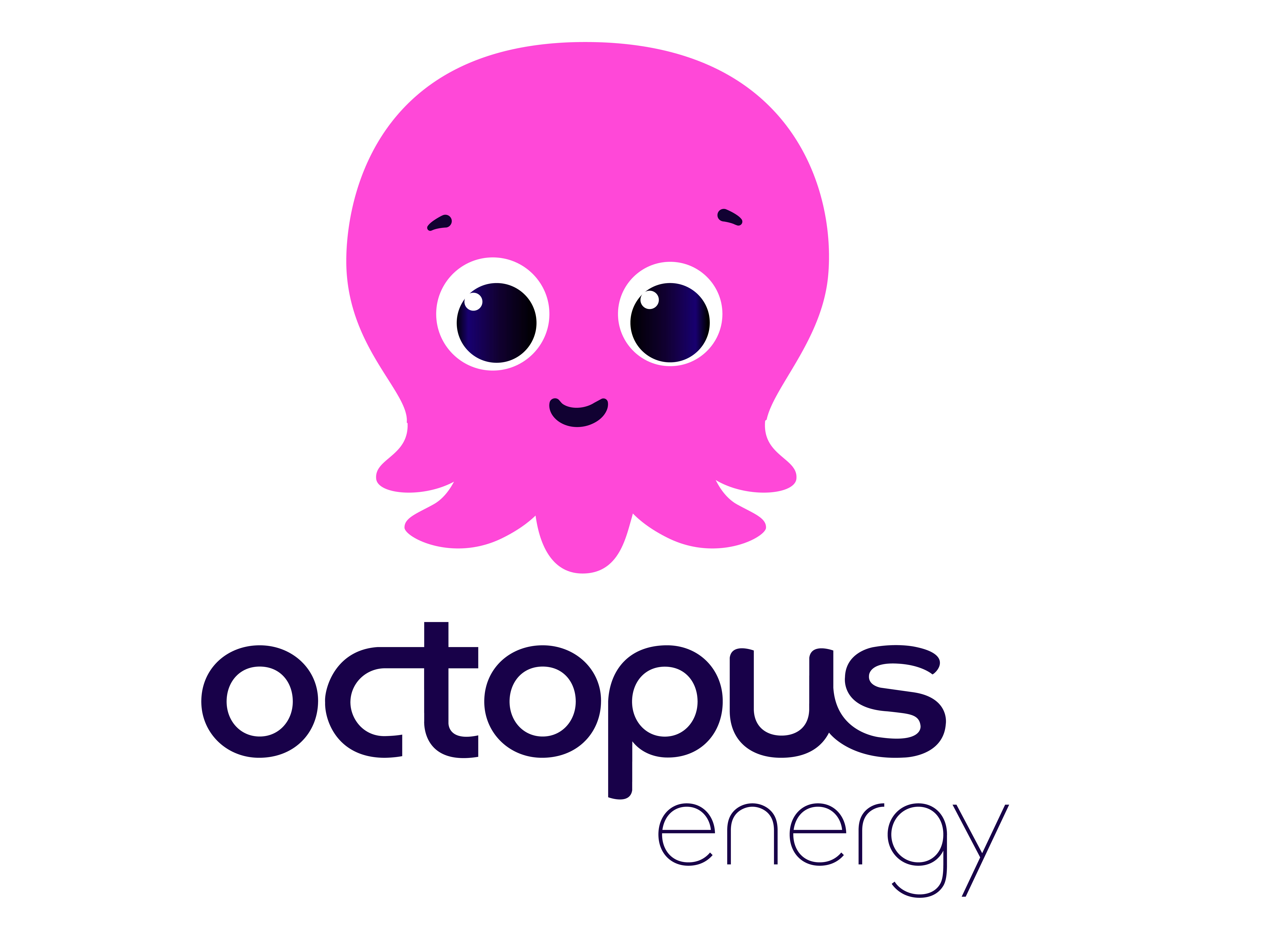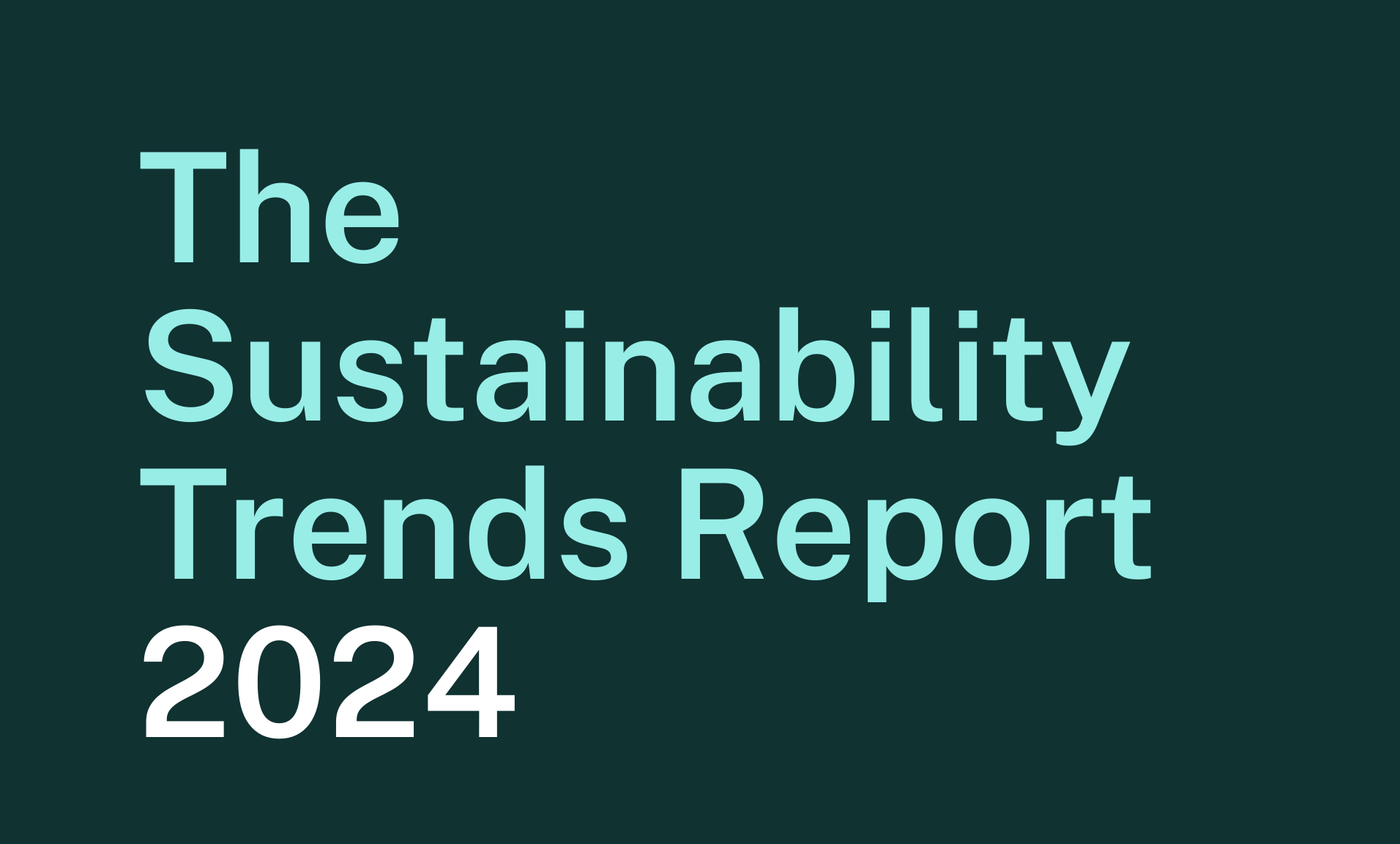Introduction
Dear fellow investor,
We are pleased to share our annual Senior Partner Letter with you and to announce that our next Global Client Conference will be held in London from 16-18 March 2026. Further details will follow from the Client team in the coming weeks, and we hope you will join us.
Our letter is divided into five parts: opening thoughts, a review of our commitments made in the 2024 Senior Partner Letter, our firm, sustainability advocacy and closing thoughts.
Opening thoughts

Our vision is a sustainable world in which prosperity is shared broadly, in a society that achieves wellbeing for all, protects nature and preserves a habitable climate. Sadly in the last year, we have made little progress toward realising this world. Advocates for a sustainable economy are stuck or going backward.
This could not come at a worse time. We have already breached the planet’s safe and just boundaries, and the situation is getting worse every day. No longer can the world turn a blind eye to climate change, the destruction of nature and economic inequality. In the short term, the poor and powerless suffer the consequences of a warming and deteriorating planet. In the long run we all will lose out.
We are deeply disappointed that many of the world’s most important financial institutions are walking back from their commitments to climate, nature and fairness. Others engage in ‘greenhushing,’ which involves talking down their own climate action as a way to avoid controversy. Moreover, it is unconscionable that the fossil fuel industry and its legacy network of allies and captive policy-makers are looking to punish companies and investors that are pursuing sustainability goals.
We established Generation 21 years ago to prove the business case for sustainable investing. Our foundational beliefs – that the best practice is to invest for the long term, and that sustainability factors will be major drivers of economic change over time – are even clearer today. Moreover, while it may be unwelcome for certain industries and investors, hastening the sustainability revolution is the most important investment imperative in history.
Since founding our firm, we have faced opposition to our approach. Some believe sustainable investing has nothing to do with fiduciary duty, the legal requirement that asset managers act in the best interest of their clients. But this is incorrect. If an issue is relevant to the long-term health of a business or a portfolio, it is our duty to consider it.
Climate change, nature loss and economic inequality are financial issues. They impact our ability as capital allocators to deliver our promise to society. As sustainability advocates we all must be clear and vocal that sustainable investing is best practice, and investors who decline to take sustainability factors into account are not fulfilling their fiduciary duty.
While many of the objections to sustainable investing are self-serving and ill-informed, real problems do exist in the field. For instance, companies and investors trying to navigate this world find themselves drowning in rules, regulations, acronyms and disclosure requirements. Steps must be taken to rectify the multitude of definitions and reporting regimes, both voluntary and regulatory, used for tracking progress against sustainability goals. Even those highly committed to action face problems getting hold of the data they need. Work needs to be done to simplify the bureaucratic requirements. We think the International Sustainability Standards Board can play a key role in this simplification.
Another critical priority for the financial community is investment in climate and nature in the Global South. Given that the same countries most at risk from the climate crisis have had the least to do with causing it, this is not only a matter of social justice; it is also an investment in a safer world. At the 2024 United Nations climate conference in Baku, Azerbaijan, world leaders agreed to work together to mobilise $1.3 trillion annually by 2035 for the countries most vulnerable to the effects of the climate crisis. Whatever amounts are eventually provided, more than half will need to come from private sources.
In our closing thoughts we return to the urgency for further actions from the financial community.
A review of our commitments
In our 2024 Senior Partner Letter, we made four commitments related to allocating capital, engaging with portfolio companies, enabling sustainability outcomes and impact, and modelling sustainability best practice.
We manage $32.9 billion and supervise $8.7 billion of assets across our firm’s public markets and private markets platforms, comprised of six distinct and complementary strategies: Global Equity, Asia Equity, Growth Equity and Private Equity, and Just Climate’s Industrial Climate Solutions and Natural Climate Solutions.1 We believe our approach to capital allocation is distinct. We take a long-term perspective and fully integrate sustainability research within a rigorous framework of traditional financial analysis. Our integrated sustainability assessment gives us a different way of looking at the world and, we believe, leads to better long-term insights in businesses that will thrive. Our investments support companies and solutions navigating the sustainability transition. We think it is critical that the people who analyse a company’s financials are the same people doing the sustainability analysis.
Engaging with portfolio companies is critical to our approach and ability to deliver impact. We partner with businesses to help address systemic risks like decarbonising operations and protecting nature and people. We hold management teams accountable for progress. For example, the public markets climate change engagement framework we developed illustrates impact achieved through engagement. From initiation of the framework in 2020 through 2024, companies rated as providing no or a minimum standard of climate disclosure fell from 62% to 25% of the Global Equity Focus List. Companies rated as providing desired levels of climate disclosure, or committed to action in line with the Paris Agreement, rose from 38% to 75%. We will continue to engage on the need for all companies to undertake accelerated, ambitious climate action.

Through our capital allocation and engagement, we also enable tangible sustainability outcomes and impact. An example is our Private Equity strategy’s investment in Octopus Energy, the UK’s largest energy supplier. Generation and Octopus Energy share a vision for the energy market’s future model: de-centralised, supply-led, with the majority of electricity generation coming from renewables. We believe new consumer technologies are critical to transitioning away from inefficient analogue devices to smart digital controls. Since 2021, we have partnered closely with the company’s leadership team to serve new geographies and customers, while also supporting capital raises for flexible growth. The work enabled the company to grow its UK retail customer base from two to over seven million while also accelerating its global reach through the licensing of its energy software to other utilities. As a result, the number of contracted customer accounts grew from 17 million to 62 million over the same period. The sustainability impact is greater use of renewable energy instead of fossil fuels to power homes, cars, personal devices and lives. To learn more about the impact of investments from across our strategies, please see our impact reports.
Finally, we aim to hold ourselves to the same standards and model sustainability best practice. We do so through our partnership with industry initiatives and internally via our own commitments and actions. For example, our partnership with Shift, the centre of expertise on the UN Guiding Principles on Business and Human Rights, aims to ensure business is conducted with respect for human dignity. Our work with the Taskforce on Nature-related Financial Disclosures and Taskforce on Inequality and Social-related Financial Disclosures on advancing disclosure of nature and inequality-related risks is helping to standardise disclosures and re-price risks and opportunities. Internally, we are working towards our commitment to align the investment portfolios we manage on behalf of clients with net-zero emissions by 2040. We are also instituting an internal carbon price on our travel.
Our firm
Senior leadership team and governance

We are pleased to announce that Puja Jain, co-Head of Research in Global Equity, has joined our firm’s Management Committee (MC). The MC is Generation’s senior governing body. The committee consists of 12 members, including Clara Barby, Tom Hodges, Ruth Kent and Nick Kukrika, all of whom joined the MC over the last two years. Clara, Tom, Ruth, Nick and Puja, together with their peers, are outstanding professionals who represent our next generation of senior leaders. In addition, we are delighted to welcome Audrey Choi to the firm as Chair of the Generation Foundation and a Partner of Generation. Audrey was the first chief sustainability officer on Wall Street. She also served as chief marketing officer and was a member of Morgan Stanley’s global management committee.
We recently formed a Partnership Committee (PC) to help the MC champion the firm’s vision, mission and culture. The PC will seek to ensure our firm’s partnership model continues to attract, develop and retain mission-driven professionals.
There are three other leadership committees at Generation, and our gender representation across our leadership is 53% men, 47% women and 28% persons of colour.
Equity, Diversity and Inclusion
We remain highly committed to our Equity, Diversity and Inclusion initiatives because they make us a stronger firm. We do not intend to retreat from or reframe our commitment. Instead, we continue to take steps to reflect the population of the locations we are based in and the communities we are part of, and to create an environment where people of all backgrounds can succeed.
Direct environmental impact: our offices

Generation has designed its offices to minimise environmental impact. Offices are located centrally and well served by public transport. In London, our head office at 20 Air Street is rated BREEAM Excellent, and the fit-out achieved SKA Gold and WELL Platinum. Our San Francisco office is located in a LEED Platinum-certified building, and the fit-out achieved WELL Silver. We seek to source energy from renewable sources. Generation retained its B Corp certification with a score of 96.5. B Corp status indicates a company is verified to meet high standards of social and environmental performance, transparency and accountability.
Sustainability advocacy
Sustainability trends

Regarding overall trends in the sustainability field, we have good and bad news. When Generation launched 21 years ago, sustainable investing was a niche topic, and we were among a handful of asset managers willing to consider sustainability factors in our investment decisions. Since then, of course, the field has gone mainstream. Nearly every big asset manager, big bank, big corporation – and many small ones – felt pressured to be seen as acting on these issues. That’s the good news. Corporate commitments meant to comply with the goals of the Paris Agreement peaked in 2021, at the Glasgow climate conference.
The bad news is that we are now embroiled in a wave of backsliding on those commitments. Generation publishes an annual Sustainability Trends Report to take stock of the evolving landscape across the world. In the last edition, published in September 2024, we reported that climate promises in particular had become like New Year’s resolutions: easy to make, harder to keep. Under political pressure created by fossil fuel interests in the United States, many large financial institutions explicitly disclaimed promises they made in Glasgow, fearful of being persecuted for them. Other financial institutions have gone silent, in both the United States and Europe, trying to maintain some of their commitments but not speaking up or demonstrating leadership.
Despite these problems, the energy transition is advancing in important ways: energy grids are getting cleaner as solar and wind power continue to advance. Electric cars continue to grow at a double-digit pace and are on their way to taking over some national markets. We may finally be nearing the point when global emissions peak and begin to fall, though we will not know for certain it has happened until several years have passed.
We remain optimistic the world will ultimately transition to a sustainable economy. We hoped it would happen faster; but that only makes us more determined to do our part to bring about the changes that are needed so badly.
Generation Foundation and Climate TRACE

Since its founding alongside Generation in 2004, the Generation Foundation has focused on strategic research, grant-making and thought leadership to mobilise capital to drive a more sustainable economic system. In 2024, the Foundation continued to invest in efforts that build on its flagship work on fiduciary duty: A Legal Framework for Impact. This detailed global analysis confirms the legal framework already exists for investors to consider sustainability as a relevant concern.2 Moreover, it finds investors have a duty to consider how they can contribute to better sustainability outcomes when they affect the long-term success of businesses and economies. We will continue our work to deepen and broaden investors’ ability to drive positive financial and impact returns through their capital allocation, stewardship and policy engagement.
The Partners of Generation have provided significant funding for Climate TRACE. Climate TRACE is a non-profit coalition of artificial intelligence-based tech companies, non-government organisations and universities that are harnessing satellite imagery and other forms of remote sensing, artificial intelligence and collective data science expertise to track human-caused greenhouse gas emissions with unprecedented detail and speed. Climate TRACE’s emissions inventory is the world’s first comprehensive accounting of greenhouse gas emissions based primarily on direct, independent observation. Beginning in 2024, Climate TRACE also began covering key non-greenhouse gas air pollutants for the world’s largest sources of emissions – including pollutants that are implicated in millions of deaths around the world each year.
In closing
“There is a time for everything … a time to be silent and a time to speak.”
– Ecclesiastes 3:7
The world must face a simple truth: when something is unsustainable it will eventually stop. Treating the transition to a sustainable economy as optional is not an option. The cost of inaction is indefensible and unbearable.
The just transition to a sustainable society is inevitable. But whether the world makes the transition in time to avoid truly horrific consequences for all of humanity is not. This challenge requires people to put their heads above the political parapets to say and do what is right. We in the finance community must show leadership and create the circumstances in which sustainability goals can be advanced. There is a clear need for high-ambition investors to stand firm in their commitment to a sustainable economy and society.
Thank you for your partnership.

David Blood, on behalf of all colleagues at Generation Investment Management, Just Climate and the Generation Foundation
- Assets under management as at 31 December 2024 are $32.9 billion and assets under supervision (“AUS”) as at 30 September 2024 are $8.7 billion. AUS form part of our Private Equity strategy and include assets where Generation sourced, structured and/or negotiated the investment and in relation to which it provides certain ongoing advisory services for a fee.
- Commissioned by Generation Foundation in partnership with the United Nations Environment Programme (UNEP FI) and the Principles for Responsible Investment (PRI) and authored by Freshfields Bruckhaus Derringer.




